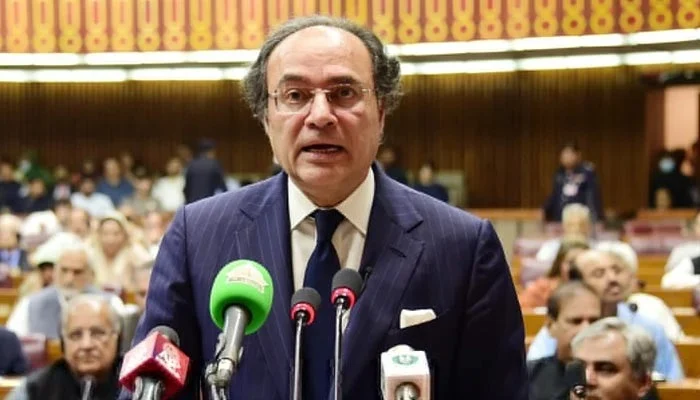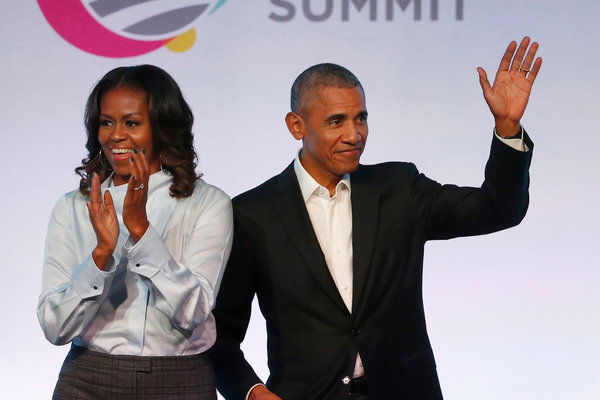The Pakistan Tehreek-e-Insaf (PTI) on Tuesday rejected the federal budget for 2025-26, staging a strong protest in the National Assembly during Finance Minister Muhammad Aurangzeb’s budget speech.
Earlier in the day, Aurangzeb presented the federal budget with a total outlay of Rs17.57 trillion, setting a GDP growth target of 4.2%. The budget included relief measures for the salaried class while reducing overall federal expenditure by 7%.
Read more: Pakistan to impose tax on earnings from social media
However, the PTI’s parliamentary committee dismissed the budget as “influenced by the International Monetary Fund (IMF)” and declared it unacceptable, calling the current government “fake” and lacking the mandate to present a legitimate budget.
The opposition also criticized National Assembly Speaker Ayaz Sadiq, accusing him of acting as a “representative” of the ruling party rather than maintaining neutrality.
PTI announced plans to protest at every budget-related session and said it would move a privilege motion against the non-broadcasting of its lawmakers’ speeches. “We will stage protests and submit a privilege motion over the suppression of PTI lawmakers’ speeches,” the party said.
Read more: Curfew imposed in Los Angeles following days of riots
Aleema Khan, speaking to reporters outside Adiala Jail, conveyed remarks from her brother, former Prime Minister Imran Khan. He claimed the budget would place an undue burden on both the salaried class and farmers. She added that Imran Khan had directed Khyber Pakhtunkhwa (KP) Chief Minister Ali Amin Gandapur to ensure his economic team is allowed full consultation, assuring that the KP provincial budget would remain tax-free.
PTI leaders Salman Akram Raja and Shibli Faraz also criticized the federal budget, arguing that no meaningful relief was granted to the salaried class. They claimed the government had imposed a 20% tax on bank deposits and increased petroleum and carbon levies, while offering tax exemptions worth Rs5 trillion to the privileged elite.
Conversely, the government maintained that the budget provided significant relief to salaried workers by proposing reduced income tax rates for middle- and high-income earners. According to the finance minister, the minimum tax rate for individuals earning up to Rs2.2 million annually will decrease from 15% to 11%. Similarly, those earning between Rs600,000 and Rs1.2 million will see their tax rate halved from 5% to 2.5%. Tax reductions have also been proposed for higher income brackets — for instance, the rate for those earning between Rs2.2 million and Rs3.2 million is set to drop from 25% to 23%.
Aurangzeb stated that the goal is to offer relief, adjust salaries in line with inflation, and simplify the tax structure to make it more balanced and fair.














